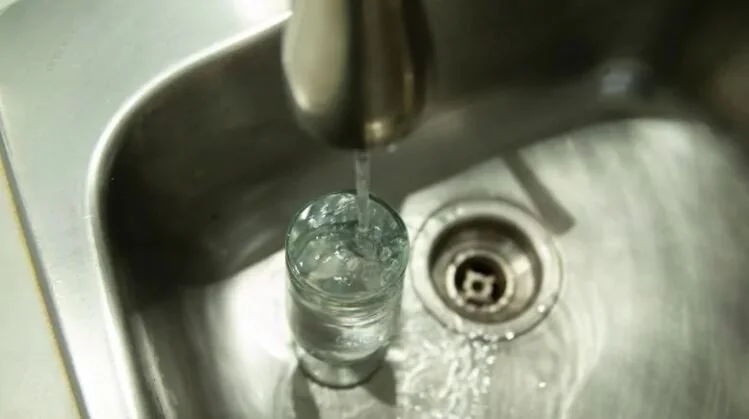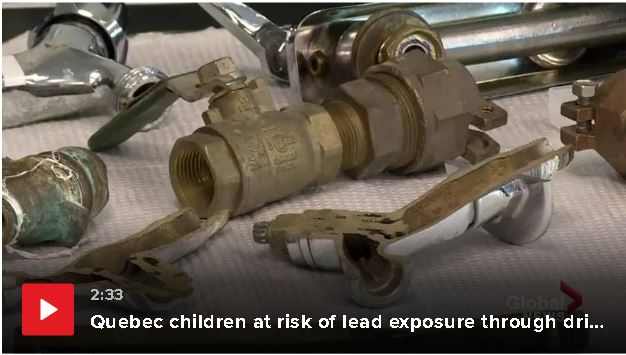President Joe Biden's administration has announced a plan to rip out nine million lead water pipes across the US. The 10-year proposal aims to shield communities from a neurotoxin that can cause permanent damage to the brain and nervous system, especially in children. It would cost about $30bn (£24bn), the Environmental Protection Agency says.
Thunder Bay City Council approves $1.3 million for loans to help residents remove lead water service pipes
Thunder Bay residents can now get interest-free loans from the city to help cover the costs of removing lead water service pipes. Councillors unanimously approved a $1.3-million, interest-free loan program on Monday. The loans are available now and come in five-year terms (except for those who qualify for the city's tax and water rebate programs, who can get 10-year loans).
Liberal MPs call on Ottawa to tackle ‘national public health crisis’ of lead in drinking water
A group of federal Liberal MPs are asking their government to invest up to $400 million to combat the “health crisis” of lead-contaminated drinking water which was exposed in communities across the country by a national investigation by 10 media outlets, including Global News and the Toronto Star. An open letter written by Hamilton MP Bob Bratina says the government “can and must” direct a portion of infrastructure spending designed to revitalize the post-COVID-19 economy into the “national public health crisis we face in the form of lead-contaminated drinking water.”
Testing suggests 1 in 5 Winnipeg homes with lead pipes have unsafe levels of lead in drinking water
One in five Winnipeg homeowners with lead pipes will get unacceptable levels of lead in their drinking water the moment they turn on the tap, according to the City of Winnipeg. Under the city's lead water quality testing program, samples were taken from 268 homes with lead pipes between Aug. 15 and Nov. 19. The testing was done to ensure water quality met new national guidelines for lead in drinking water, which cut the acceptable amount of contamination in half last March. "Overall, the results are as expected," Renee Grosselle, manager of environmental standards with the City of Winnipeg, told reporters Tuesday afternoon.
Children in schools and daycares across Canada are exposed to unsafe water
Many children in schools and daycares across Canada are likely being exposed to dangerous levels of lead in their drinking water and don’t know it, because most provinces aren’t requiring comprehensive testing at the taps, according to a collection of provincial studies and internal briefing material. The internal briefing material included memos and other advice prepared for high-ranking government officials in several provinces. These documents were released through freedom of information legislation to Global News as part of a joint year-long investigation into drinking water in partnership with Concordia University’s Institute for Investigative Journalism and other media organizations.
Investigation reveals dangerous lead levels in some Quebec drinking water
Thousands of Quebecers could be getting misleading information about lead contamination in the water coming out of their taps because the province uses a sampling method that underestimates the true level of exposure, Global News has found through surveys and 84 tests of residential drinking water conducted in five cities across the province. The revelations are based on a collaborative investigation by a team of two dozen journalists from Concordia University’s Institute for Investigative Journalism, Global News and Le Devoir. The journalists fanned out across the province to knock on hundreds of doors, taking water samples for testing that revealed lead levels often higher than city workers had told residents.







